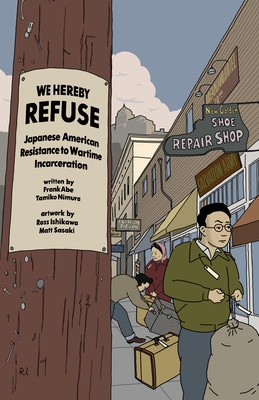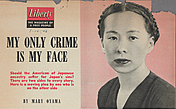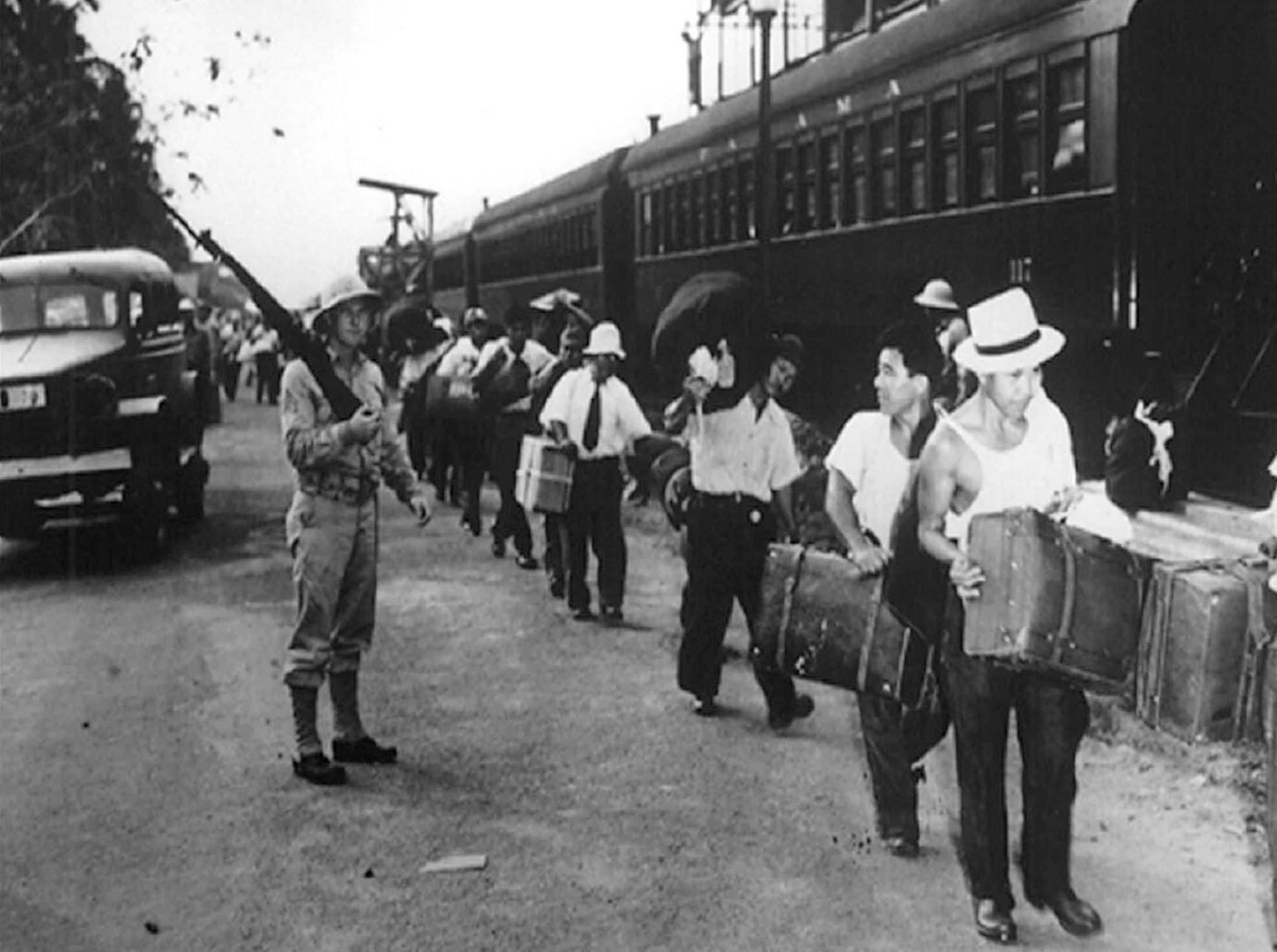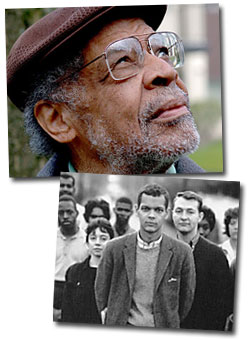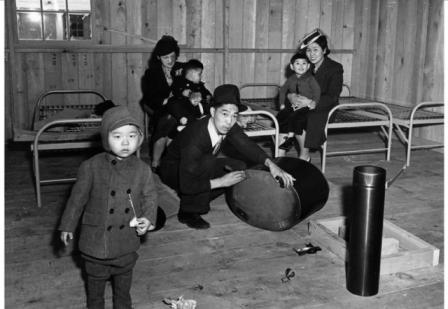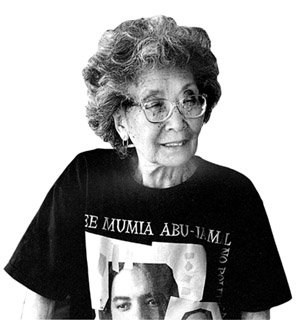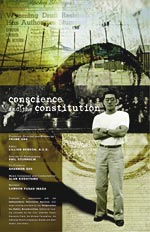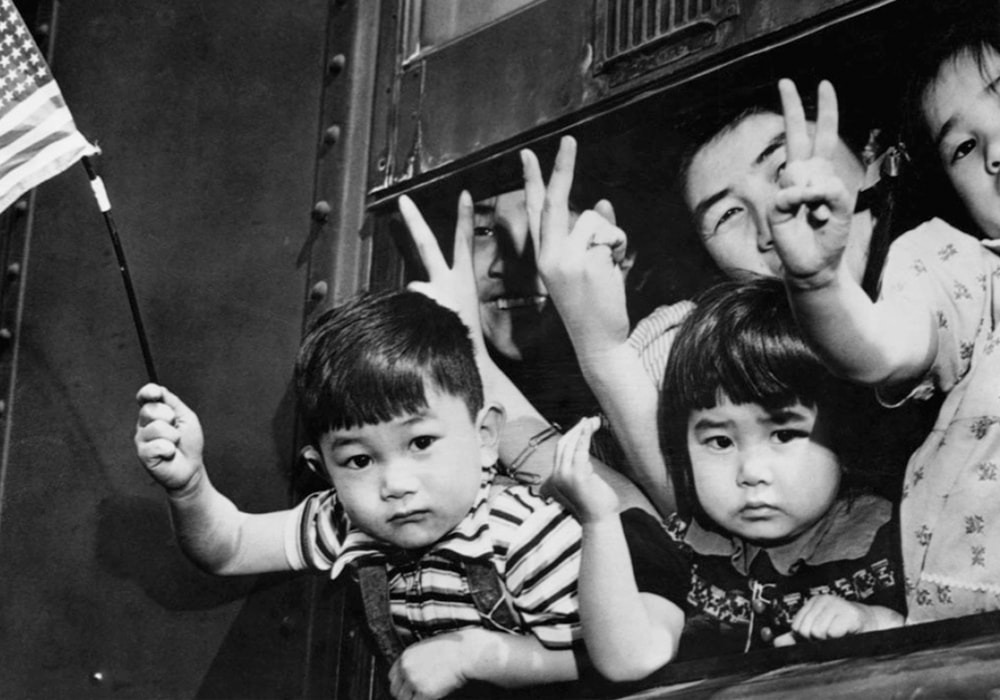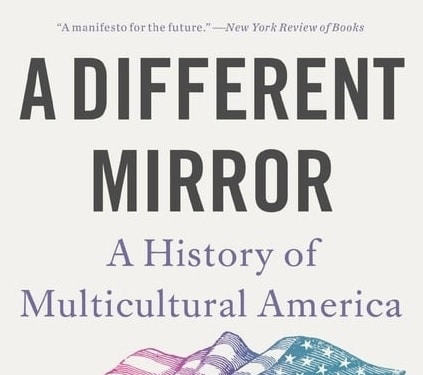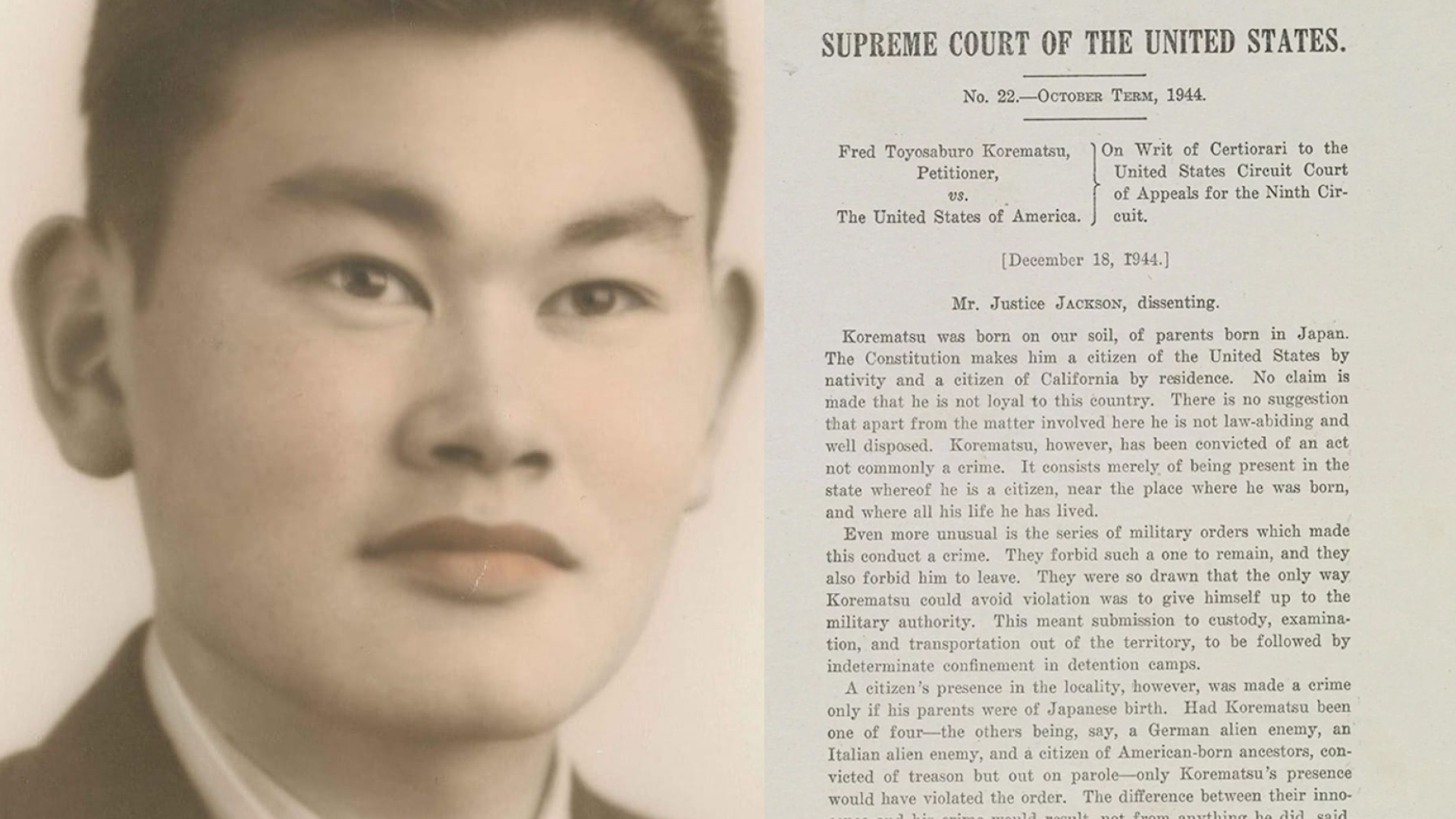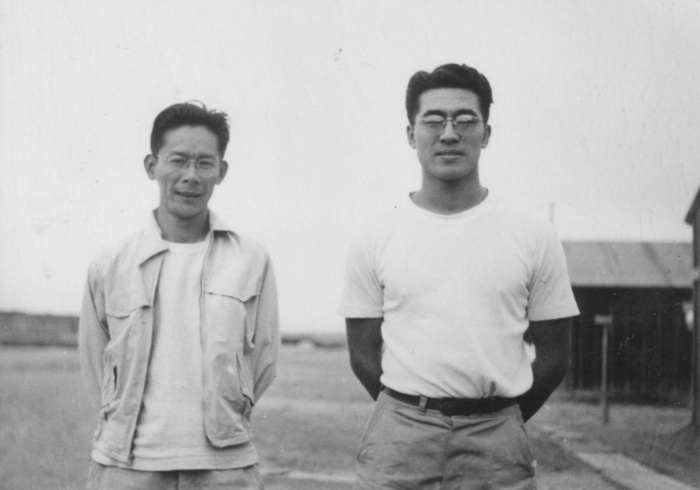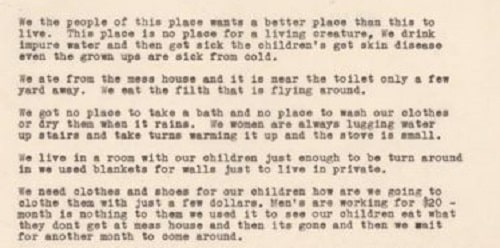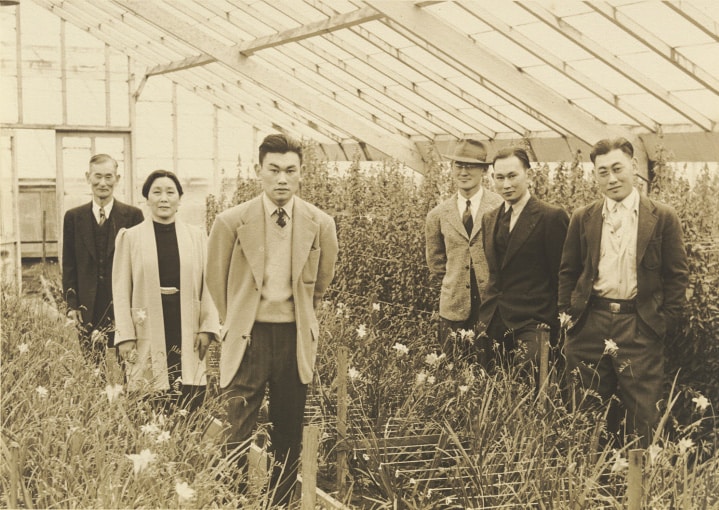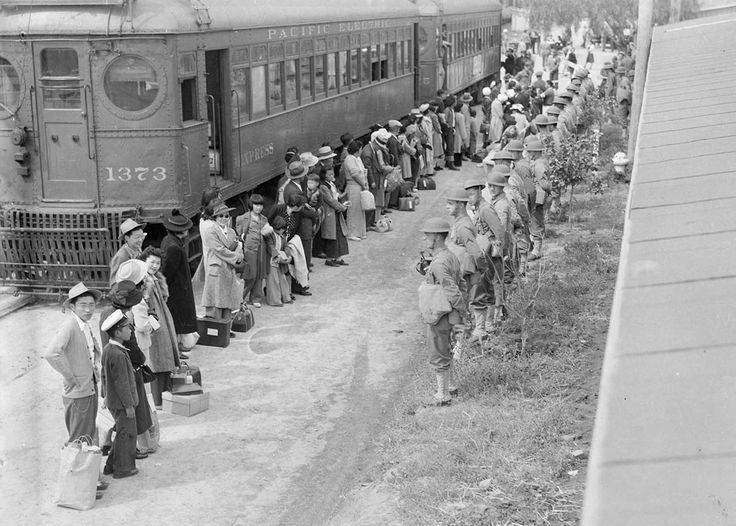Book — Non-fiction. By Frank Abe and Tamiko Nimura; illustrated by Ross Ishikawa. 2021. 160 pages.
This graphic novel tells the story of Japanese American imprisonment during World War II, and the resistance and defiance that existed in these internment camps.
Continue reading
Digital collection. Firsthand accounts and primary sources of the incarceration of Japanese Americans during WWII.
Continue reading
Book — Historical fiction. By Winifred Conkling. 2011. 160 pages.
Based on the true story of two girls who meet in 1940s California and a landmark lawsuit on education.
Continue reading
Teaching Activity. By Moé Yonamine. Rethinking Schools. 18 pages.
Poetry, photography, and text are used in this role play to teach about the seldom told history of Japanese Latin American internment during WWII.
Continue reading
Digital collection. Explores the historical context and stories of individuals who have been targets of U.S. government surveillance during the 20th century.
Continue reading
Teaching Activity. By Katie Baydo-Reed. Rethinking Schools. 10 pages.
Students hold a mixer and a mock trial in preparation for reading literature about internment.
Continue reading
Film clip. Voices of a People's History.
Dramatic reading of Yuri Kochiyama's "Then Came the War" (1991) by Deepa Fernandes.
Continue reading
Film. By Frank Abe. 2000. 57 minutes.
In World War II, 63 Japanese Americans refused to be drafted from a U.S. concentration camp.
Continue reading
Teaching Activity. By Mark Sweeting. Rethinking Schools. 4 pages.
How one teacher engaged his students in a critical examination of the language used in textbooks to describe the internment.
Continue reading
Book — Non-fiction. By Ronald Takaki, with a foreword by Clint Smith. 2023. 576 pages.
A multicultural history of the United States, in the voices of Indigenous people, African Americans, Jews, Irish Americans, Asian Americans, Latinos, and others.
Continue reading
The U.S. Supreme Court ruled in Korematsu v. United States that the denial of civil liberties based on race and national origin was legal.
Continue reading
Frank S. Emi protested the draft during Japanese American incarceration and was interrogated.
Continue reading
Aleut women from the Pribilof Islands Program wrote a petition about the dangerous internment camp conditions during World War II.
Continue reading
Fred Korematsu was arrested on a street corner in San Leandro, California for resisting Executive Order 9066, in which all people of Japanese descent were incarcerated in U.S. concentration camps.
Continue reading
Executive Order 9066 issued by President Roosevelt authorized the incarceration (internment) of U.S. citizens of Japanese descent.
Continue reading

